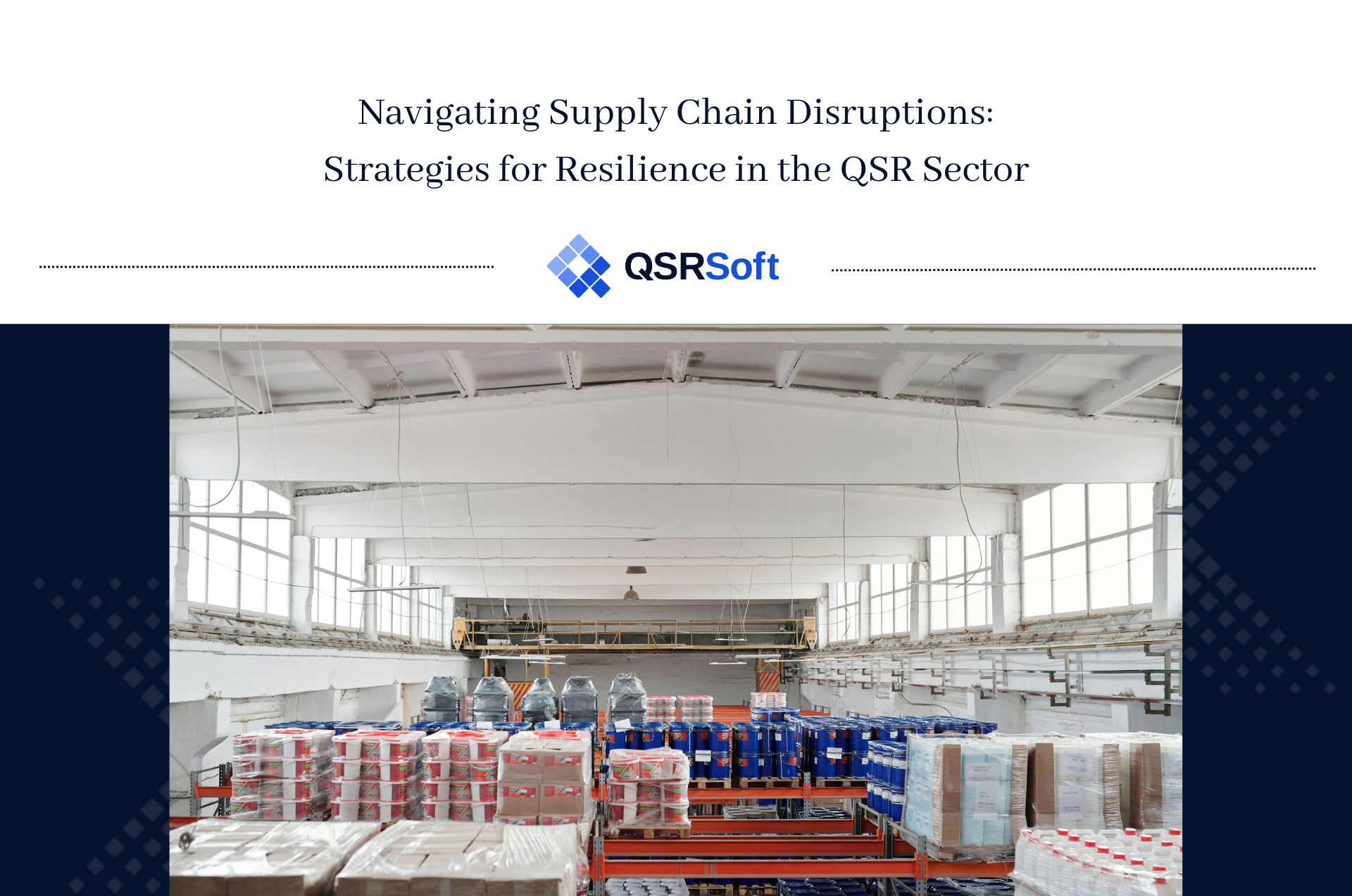4 Tips for Building Resiliency and Efficiency into Your Supply Chain
Supply chain disruptions throw us off in so many ways because they really do cause a ripple effect. When you can’t get what you need, it’s frustrating for you and your employees, but it can also leave customers with a bad taste in their mouth about the service they receive. The big question, then, is how do you navigate supply chain disruptions with agility? How can you build resilience into your strategies? Let’s get into it!
Causes of Supply Chain Disruptions
Before we can get into how to navigate these disruptions, it’s important to understand what some of the most common causes or events are that lead to supply chain issues. These can include:
- Natural Disasters: hurricanes, tornadoes, severe flooding, blizzards, earthquakes, and other severe weather events that can damage infrastructure, disrupt transportation networks, and even halt production.
- Pandemics and Other Health Crises: major health events can affect both production and distribution.
- Global Economic Change: recessions, currency fluctuations, and trade conflicts can lead to shifts in supply, demand, and market dynamics.
- Geopolitical Activity: political conflicts and regulatory changes can bring uncertainty and impact the movement of goods across borders.
All of these events can lead to shipments not getting to you on time, certain ingredients being unavailable, and more. Now let’s talk about how you can build resilience into your supply chain.
Strategies for Resilience
Resilience means being agile, or being able to flex, or repurpose assets across your supply chain in response to disruptive events. This could include switching channels, diversifying, and using tech to help you identify opportunities or make quick switches.
While natural disasters and political conflict may seem unanticipated, we really shouldn’t be waiting until they happen to react. Instead, building resilience in your supply chain is really about anticipating that at some point, one of these disruptive events will happen and that you should already have a plan B or other options waiting in the wing.
So here are some strategies to help you forecast what is coming down the road and for building resilience into your own supply chain.
1 | Keep on Top of Your Inventory
A good starting point is knowing what you have available. When a disruption happens, knowing what you have on hand is helpful, but knowing the flow of your inventory is even better. What would you need to get through the upcoming months? Do you have surges, such as during holidays? Or do you have low periods? Are there any supplies you can stock up on for small periods?
2 | Conduct an Audit
You know what you have but it’s also important to know how you get it. Conducting an internal supply chain audit can reduce operational costs and enhance your competitive advantage.
3 | Diversification
Go beyond reducing operational costs by thinking about where you can build in redundancy through diversification. Diversification may seem challenging and time-consuming, but when you have the ability to pull from different vendors during a disruption, you’ll be glad you spent the time considering additional outlets for supplies.
4 | Digitize Your Supply Chain
Using digital technology to monitor and maintain your supply chain can make it simpler to plan ahead and identify issues before they become a mountain of a problem. If you are surprised by a change, it can help you pivot with more agility and efficiency.
QSRSoft Can Equip Your Restaurant for Disruptions!
Looking to digitize your quick service restaurant to build in resiliency and efficiency? QSRSoft’s robust software equips your quick service restaurant with agile strategies and real-time data insights.
With QSRSoft Reports, you’ll get real-time streaming data and you can set alert thresholds to stay on top of the most important metrics for your business. Our Cash and Inventory solution gives you real-time inventory data so you can streamline and energize your supply chain.
With QSRSoft, you can ensure resilience and continuity in the face of challenges. Connect with us today to book a demo and learn more about our powerful solutions for resilience.

